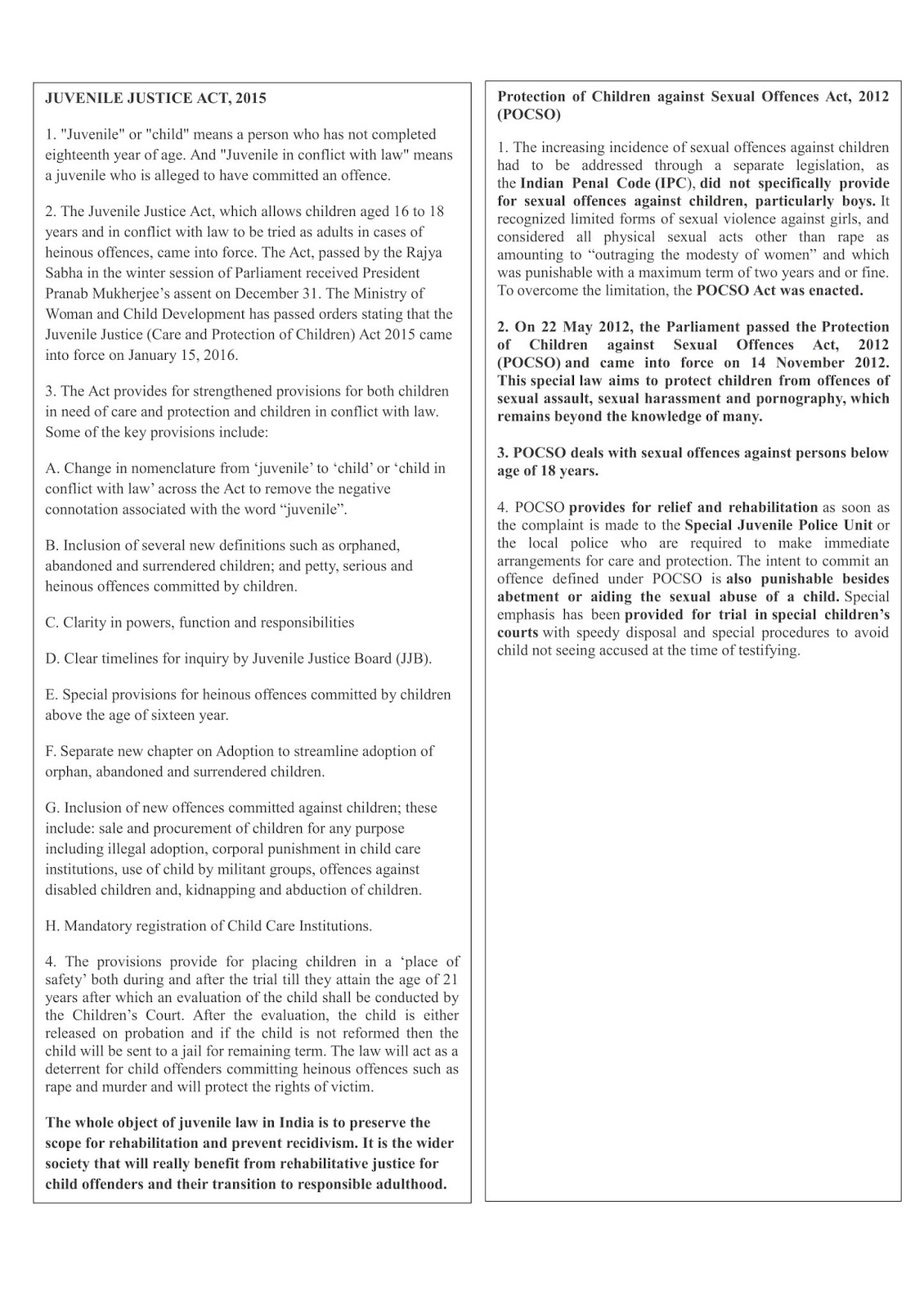Section 170 in The Code Of Criminal Procedure, 1973
Section 170. Cases to be sent to Magistrate, when evidence is sufficient. (1) If, upon an investigation under this Chapter, it appears to the officer in charge of the police station that there is sufficient evidence or reasonable ground as aforesaid, such officer shall forward the accused under custody to a Magistrate empowered to take cognizance of the offence upon a police report and to try the accused or commit him for trial, or, if the offence is bailable and the accused is able to give security, shall take security from him for his appearance before such Magistrate on a day fixed and for his attendance from day to day before such Magistrate until otherwise directed. (2) When the officer in charge of a police station forward an accused person to a Magistrate or takes security for his appearance before such Magistrate under this section, he shall send to such Magistrate any weapon or other article which it may be necessary to produce before him, and shall require the complainant (if...
